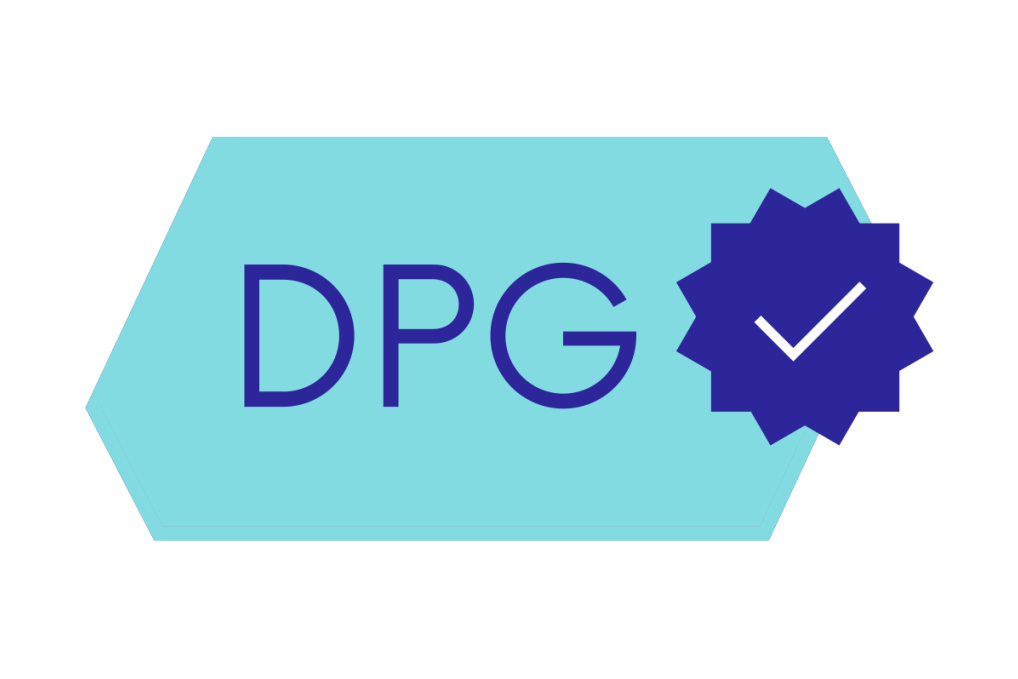Wikipedia has been officially recognized as a Digital Public Good (DPG) by the Digital Public Goods Alliance (DPGA), a United Nations-endorsed initiative. The announcement, made on February 12, 2025, underscores Wikipedia’s role as a cornerstone of free, community-driven knowledge accessible to billions worldwide.
The DPGA’s registry now includes Wikipedia, affirming its compliance with rigorous criteria for digital public goods: open-source content, adherence to privacy laws, non-excludability, and alignment with the UN Sustainable Development Goals (SDGs). Wikipedia’s model—sustained by nearly 260,000 volunteer editors—exemplifies a decentralized, non-profit approach rare among top-visited websites. Rebecca MacKinnon, VP of Global Advocacy at the Wikimedia Foundation, noted that this recognition “strengthens advocacy for policies that protect digital commons” and empowers communities to govern public-interest projects.
“The Wikimedia Foundation works with affiliate organizations and volunteer Wikipedians across the world to advocate for policies that protect and support Wikipedia and other digital public goods upon which the free knowledge ecosystem depends,” said Rebecca MacKinnon, Vice President of Global Advocacy at the Wikimedia Foundation. “We look forward to working with the Digital Public Goods Alliance, along with other organizations and communities that create and maintain digital public goods, to build a better internet that serves the public interest.”
The recognition follows years of strategic advocacy by the Wikimedia Foundation. In 2024, the organization collaborated with UN Member States to draft the Global Digital Compact, a blueprint for ethical digital governance. An open letter issued that year urged governments to:
Protect community-led governance of online projects.
Invest in digital commons, including open licences and interoperable systems.
Ensure AI technologies support human contributors, rather than replace them.
These efforts align with Wikipedia’s mission to combat misinformation and bridge digital divides. With AI-generated content flooding search engines, Wikipedia has emerged as a rare bastion of reliability, as noted in recent analyses by CNN and The Guardian.
Challenges and Future Directions
While the DPG designation celebrates Wikipedia’s achievements, underinvestment in maintaining open-source projects—threatens long-term sustainability. The Wikimedia Foundation has called for international support to ensure DPGs like Wikipedia remain resilient against censorship and corporate consolidation.
“This recognition is not an endpoint but a catalyst for building an internet that serves humanity, not profit” MacKinnon stated. Wikipedia’s evolution from a “people’s encyclopedia” to a globally recognized public good reflects its unparalleled cultural and educational impact.
For policymakers, Wikipedia’s DPG status sets a precedent: Despite a widespread belief that the internet can only run by private initiatives, community-led digital infrastructure can thrive when supported by governance. As the digital age grapples with polarization and disinformation, Wikipedia’s model offers a good starting point for a more equitable internet.
For further details, visit the DPGA Registry or the Wikimedia Foundation’s announcement.








